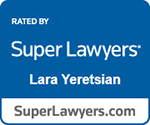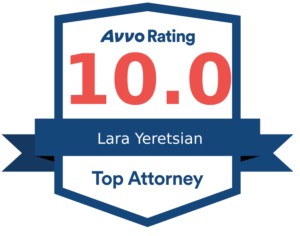Imagine these three scenarios. Which one is forgery?
- Your spouse asks you to pick up some groceries and hands you her credit card. You use it and sign her name on the credit slip.
- Your mother is sleeping but a COD delivery comes. You write the check and sign her name.
- Your medication prescription has run out. Your doctor is on vacation but indicated that you could contact her if you need more. You change the number of refills on the original prescription and take it to your pharmacist.
Did you answer number 3? While this seems like the most obvious choice the law is not absolutely clear. The specifics of the case would need to be known in order to determine what type of crime this is. For instance, is the drug a narcotic or an antibiotic? Did you change the original prescription or the number on the bottle? Did the pharmacist fill it or call the doctor’s office? If you are investigated for or charged with altering a prescription do not waste your time on legal forums. Do not post about it anywhere. Speak directly with an attorney who handles these cases.
What about number 1? When using your spouse’s credit card, make sure you are an authorized user. However, if you are an authorized user you must also sign your own name, not your spouse’s.
What about number 2? If you are signing your mother’s checks you must have power of attorney. Otherwise wait for her to wake up or wake her up and have her sign the check. To sign her name without her knowing is forgery. If, however, she has a broken wrist and asks you to sign the check then you are acting on her behalf with her permission. You are protected under “procuration.” Acting as proxy for a single event or specific purpose (for example, while her wrist is broken) is permitted. In these instances write “P.P.” before signing your name. Then print your mother’s name.
To sign someone else’s name is, technically, forgery. Of course in order for you to get into trouble someone will have to press charges. This will happen if you alter a prescription.
Forgery requires intent. This means you must know you are falsifying something and want to deceive a person, company or “entity.”
A felony in California
If the amount of the forgery is more than $950 then it is considered a felony in California, punishable with up to three years in county jail and up to a $10,000 fine, restitution or community service. Forgeries under that amount are misdemeanors. Under California Penal Code 473 these are punishable by up to one year in county jail and up to a $1,000 fine.
What is forgery?
Forgery has been around a long time, but it wasn’t until the 20th century when technology made it easier for people to fake documents. To be considered forgery you must have:
- Altered
- Used
- Made
- Knowingly possessed a false writing
Types of forgery
Forgery happens on all types of documents. The most common are deeds, checks, stocks, patents, prescriptions and government identification (such as a passport). Forgery also happens to artwork.
A famous case of forgery
In 1967 artist Marc Chagall saw three paintings in a New York gallery. These were signed by him. Or so it appeared. Chagall knew he had not painted these works and contacted the police. The forger, David Stein, was arrested. Stein spent 22 years in jail.
Are you still unclear? What is your forgery question?




